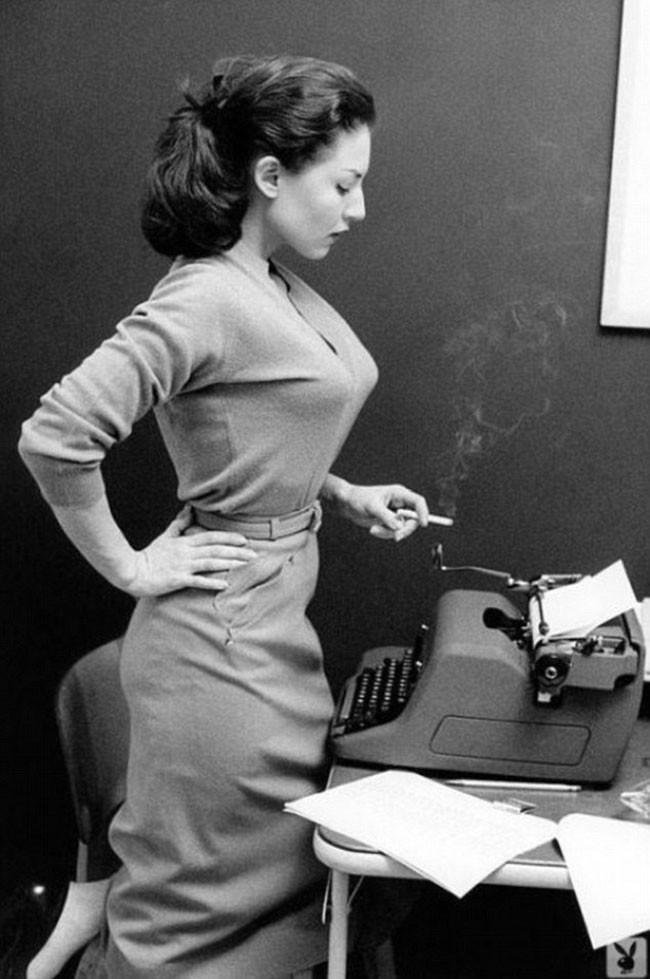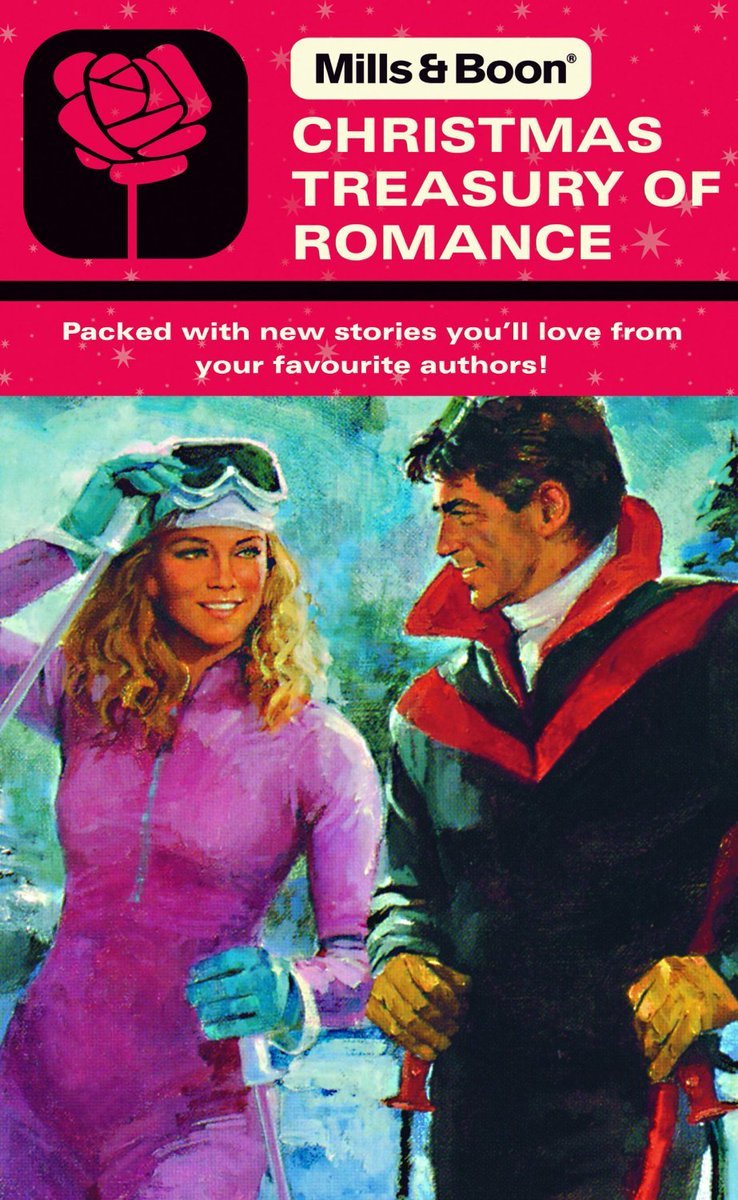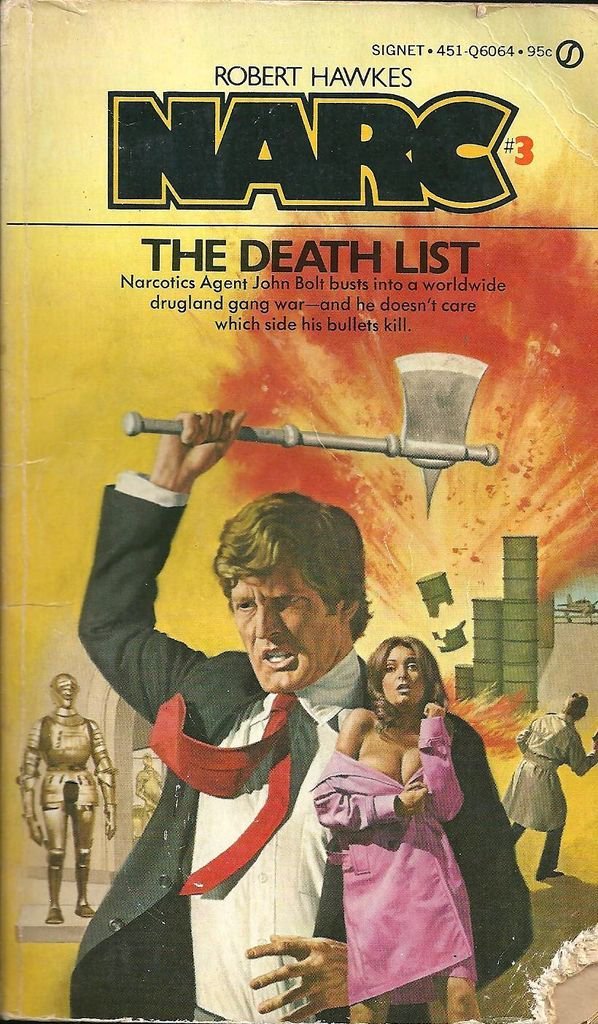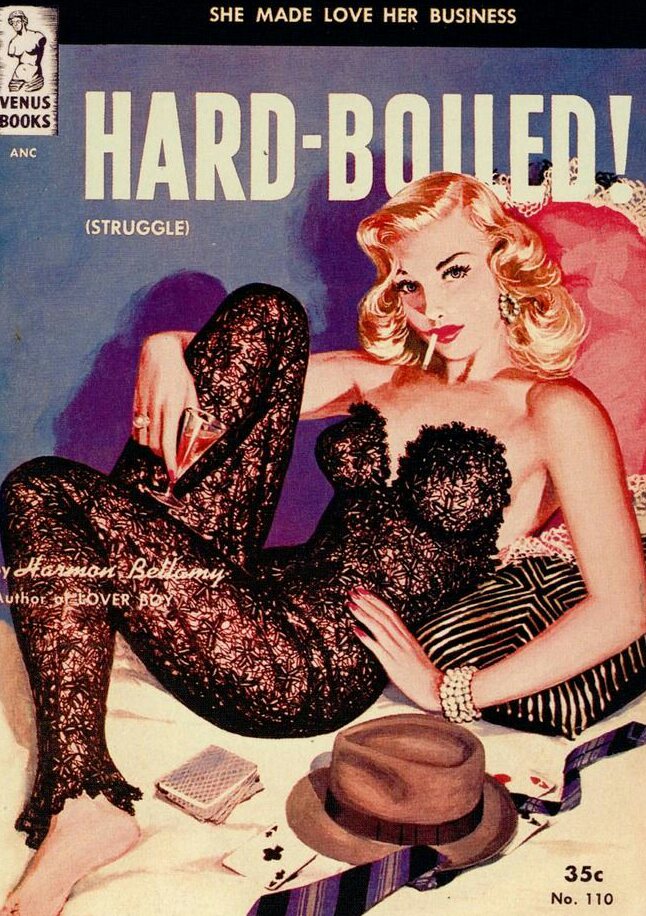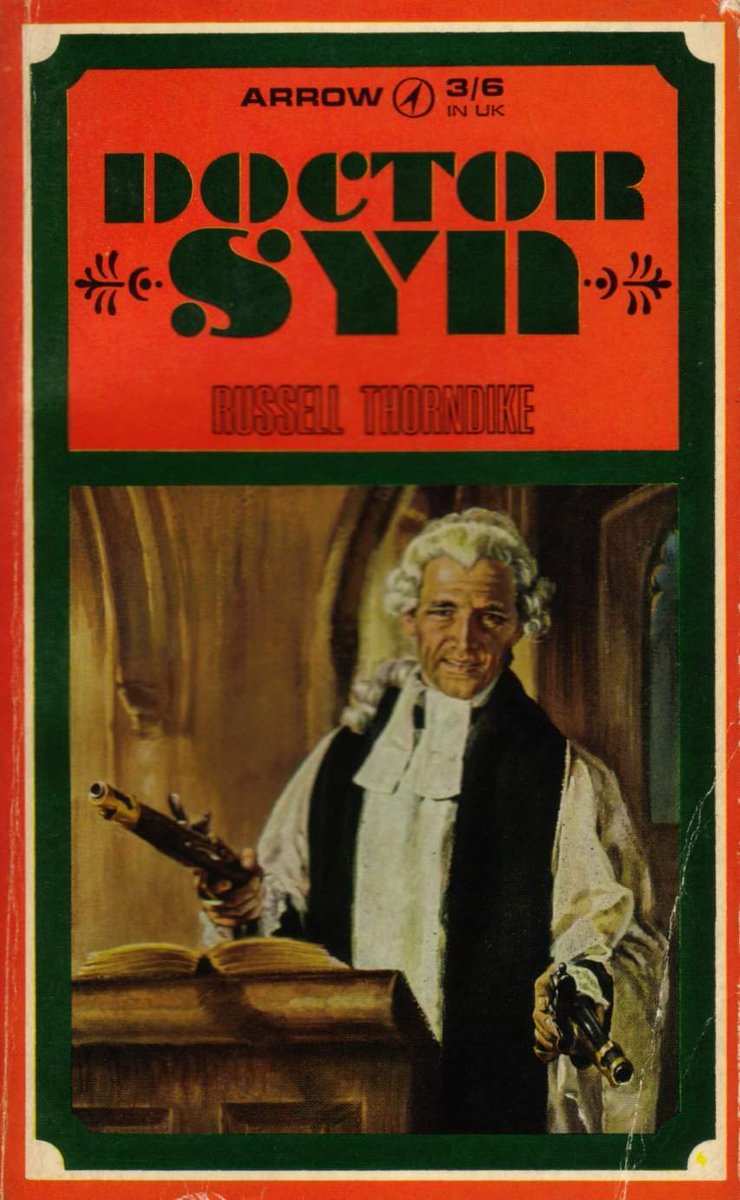What are the pulp archetypes? Pulp novels are usually written quickly and rely on a formula, but do they use different archetypal characters to other fiction?
Let's take a look at a few...
Let's take a look at a few...

The Outlaw is a classic pulp archetype: from Dick Turpin onwards lawbreakers have been a staple of the genre. Crime never pays, but it's exciting and trangressive!
Some pulp outlaws however are principled...
Some pulp outlaws however are principled...

As Bob Dylan sang "to live outside the law you must be honest." Michel Gourdon's 1915 hero Dr Christopher Syn is a good example. A clergyman turned pirate and smuggler, he starts as a revenger but becomes the moral magistrate of the smuggling gangs of Romney Marsh. 

The Principled Outlaw may be a criminal like Slippery Jim DiGriz. Or they may be 'legit' like Harry Palmer. Both make moral choices as they operate outside the law to reach their goal. Rather than being an agent of chaos often they act illegally to prevent chaos spreading. 



Related to the Principled Outlaw is our second pulp archetype: The Judge. Regardless of the law some things are right and some are wrong. The Judge gets to decide. 

Hard-boiled detectives, betrayed criminals, street vigilantes, gunslingers; they deliver the law - written or unwritten - with grim determination, but often with little satisfaction.
Judge, jury, you know the rest...

Judge, jury, you know the rest...


The Judge is often an unreflective character: the world is tough so you better toughen up to survive. Often they work alone and their motivation is to deliver their own justice, especially when others won't or can't do so. 

Sam Spade comes over as a Judge character, whilst Philip Marlowe (I think) is more the Principled Outlaw. Both characters deliver poetic justice, but Marlowe seems more personally affected by the task than Spade does. It's part of the difference between hard-boiled and noir pulp. 



Speaking of Noir, our next two pulp archetypes often feature in these more psychological stories: The Condemned, and The Dark Desire. Put them together and you have yourself a strong pulp novel. 

The Condemned character is doomed. They know they're doomed. Often they're looking back at how they got to that stage, trying to find some grim satisfaction in the journey. Maybe they redeemed someone else, or learnt a truth the hard way. 

The Dark Desire is someone that others want to possess, but there's a terrible price to pay for trying: the Dark Desire has their own plans. The femme fatale character often plays the Dark Desire lead in pulp, and isn't shy in telling others of the dangers of getting in her way. 

Sometimes the Dark Desire isn't a person: it's drugs or other highs that act like characters. It can also be immortality: vampire stories can be a complex mix of different Dark Desires, and the vampire can even play the part of the Condemned character. 



The Dark Desire is common in gothic romance, as the brooding presence in the house that the heroine must eventually confront or flee. Often they do one or both, though not every character in the story is redeemed or changed by this. 

Our next pulp archetypes is more straightforward: the Adventurer! Excitement, danger and mastery of the situation is their aim. They often have a healthy ego, fantastic fighting skills and some willing sidekicks. 



Some pulp Adventurers have innate skills from where they grew up: the desert, the jungle, or another planet. Or they may be products of special training academies, or have psychic powers. Something gives them that natural edge to face danger. 



Other pulp Adventurerers rely on technology: gadgets and gizmos rather than innate skills take them to extraordinary places, and give them the advantage over their opponents. 

The Gnostic is a different pulp character. Often an average person, curiosity or chance sets them off on a journey. But It's not a typical 'voyage and return' story... 

In pulp the Gnostic character discovers that there is something fundamentally wrong or weird in the world - now or in the future. From H. G. Wells to Philip K. Dick the Gnostic's challenge is how to live with this amazing knowledge: act, accept, or escape? 

The 'big reveal' of the secret to the Gnostic is always a significant plot point: the world isn't what it seems! What does this mean? Sometimes it's the conclusion of the tale itself. 

The Gnostic can sometimes be a mystery character on a journey to find out who or what they really are. The secret - when they find it - can be terrifying or liberating, but their world changes utterly when they eventually discover the truth about themselves. 

The Novice is a familiar literary character who usually must have to learn to master some dangerous force or knowledge to fulfil their destiny. Often they don't know how gifted they are until a wise person reveals it to them. 

The Novice character must not only master technical skills, but also master their own nature - lest the power they are learning siezes on a weakness or secret desire. These stories are often about taming a force of supernature, which comes at a price. 

There can be a lot of similarity between the Novice and the Condemned archetypes: the Novice may not want or enjoy their power, and their mentor may well know the pain of the burden they are giving them. But someone has to wield the power, and destiny says they are 'the one.' 

The last pulp archetype I want to talk about is the Spider Catcher. These are highly intelligent characters whose exceptional powers of observation and deduction enable them to solve complex mysteries that can involve many blind alleys and red herrings. 

The Spider Catcher patiently and carefully observes the web of relationships, secrets and decisions in which other characters are enmeshed. Then they identify which one is the 'spider' who wove it all together. 

The Spider Catcher is a common character in detective stories, but also appears in legal or spy thrillers too. They can be aloof, reserved or curmudgeonly, but their knowledge of human nature sharpens their observational skills. 

There's other archetypes I've left out: the Buddy Cops, the Naive Abroad, the Mastermind, the Changeling and many more.
I'm sure you may disagree with some, perhaps all, of this thread...



I'm sure you may disagree with some, perhaps all, of this thread...




...but if you enjoy reading pulp keep an eye out for these pulp archetypes. See how the writer follows, breaks or bends the formula to entertain you. That's their job after all!
More stories another time.
More stories another time.

• • •
Missing some Tweet in this thread? You can try to
force a refresh


